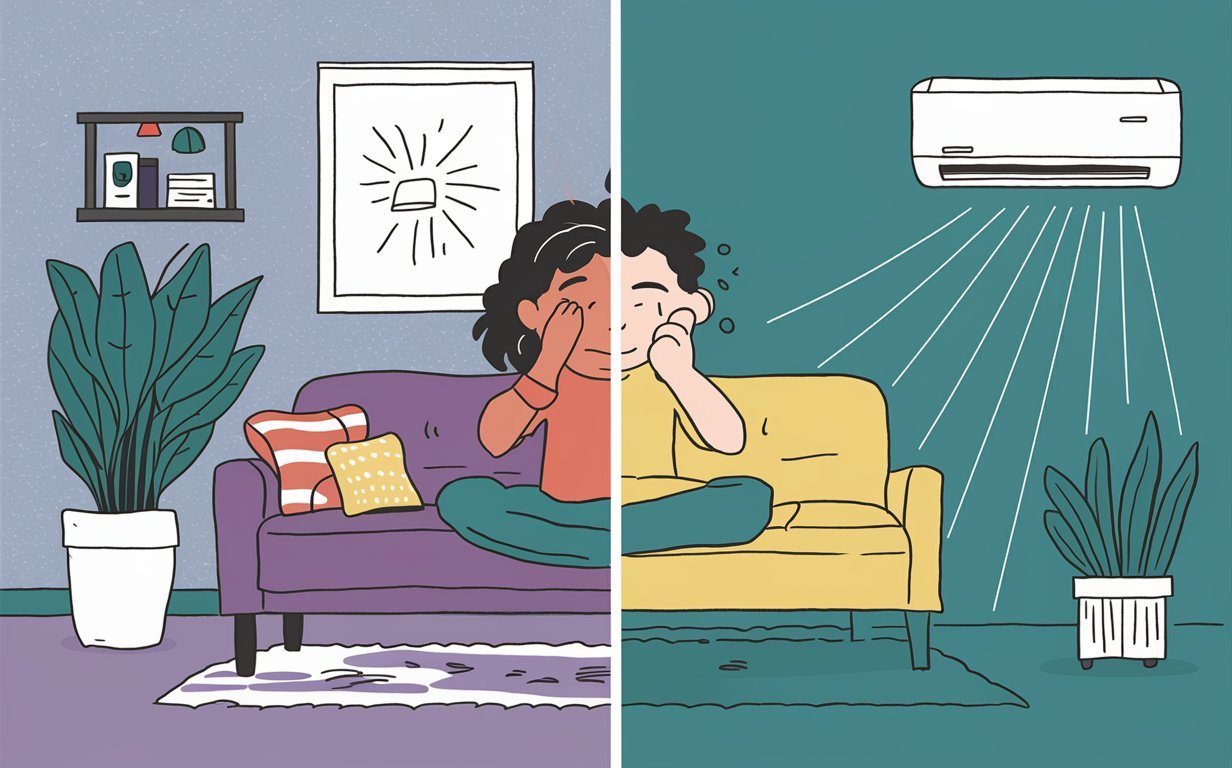Indian Women Face Higher Workplace Stress Than Men, Study Reveals

A big study on mental health has shown that working women in India feel much more stressed than men at work. This comes from a report by YourDost, a company that helps with mental health. They asked over 5,000 people working in India about how they feel. The study found out what many people already thought was true – women face more stress at their jobs than men do. This research helps us understand the special problems women deal with at work. The results show that companies need to do more to help their female workers. They should find ways to make the workplace less stressful for women and give them the support they need.
This information is important because it proves there’s a real difference in how men and women experience stress at work in India. It suggests that businesses should think about how to make things better for their female employees.
Highlights of the Content
A recent study by YourDost surveyed over 5,000 Indian professionals, revealing that 72.2% of female respondents reported high levels of stress compared to 53.64% of men.
- Lack of work-life balance is a major stressor, with 18% of women struggling compared to 12% of men.
- 20% of women reported feeling low constantly, compared to 9.27% of men.
- Employees aged 21-30 are the most stressed, with 64.42% reporting high stress levels.
- The study calls for organizations to prioritize regular communication and engagement to support stressed employees.
The Mental Health Study: Key Findings
The study showed that more than 72% of women who responded to the survey felt highly tense compared to 53.65 of men who also participated in the study. More pressure is therefore mounted on females than males while at work as shown by this big gap. Many people experience stress due to the challenge of balancing work and personal life. A higher percentage of women (18%) than men (12%) find it difficult to juggle their personal and professional obligations. Societal expectations and the simultaneous demands of work and home life often worsen this imbalance.
Women in the workplace are facing significant stress, according to the report. Many feel overlooked and undervalued, which leads to low morale and decreased motivation. This lack of recognition is a major issue, causing frustration among female employees. The situation is made worse by the fact that many workplaces are still male-dominated. As a result, women often feel constant pressure to prove themselves, which adds to their stress. This combination of feeling unnoticed and always having to demonstrate their worth is taking a toll on women’s job satisfaction and overall well-being at work.
The Emotional Toll on Women

Stress at work has a significant emotional impact. 20% of women and 9.27% of males said they felt depressed all the time. The psychological effects of working stress on women are profound, as evidenced by this statistic, which frequently shows up as signs of anxiety and despair. Young workers experience high levels of stress, especially those aged 21 to 30, with 64.42% of them reporting significant stress. Following closely are employees between 31 and 40, with 59.81% experiencing high-stress levels. In comparison, the age group with the lowest stress levels is employees between 41 and 50, with only 53.5% reporting high-stress levels.
The constant pressure to prove oneself in a male-dominated workplace is another significant stressor for women. This fear of being judged can lead to anxiety and a persistent sense of inadequacy. Stress at work has an especially high emotional cost for women. Numerous people report having feelings of anxiety and sadness, which can negatively impact their general well-being and productivity.
Dr. Jini Gopinath, Chief Psychology Officer at YourDost, attributes these stress levels to the evolving dynamics of the workplace. The shift towards remote and hybrid work models has particularly impacted younger employees, who may lack the necessary support systems and face increased pressure from various sources.
The Need for Organizational Support
According to the report, companies should be proactive in assisting the mental health of their workforce. To manage the stress levels of both men and women, regular communication, engagement activities, and complete emotional wellness programs are crucial. To foster a positive work atmosphere, Dr. Gopinath stresses the significance of pulse surveys, regular communication, and community-building activities.
A company called YourDost did a study about how workers feel in India. They found that women who work are much more stressed than men. Almost 3 out of 4 women said they feel very stressed at their jobs.
This shows that companies need to do more to help women at work. Some important things to focus on are:
- Helping women balance their work and home life better
- Noticing and praising women’s work more
- Taking care of women’s feelings and mental health
By working on these things, companies can make work better and fairer for everyone, especially women.



 By
By

















